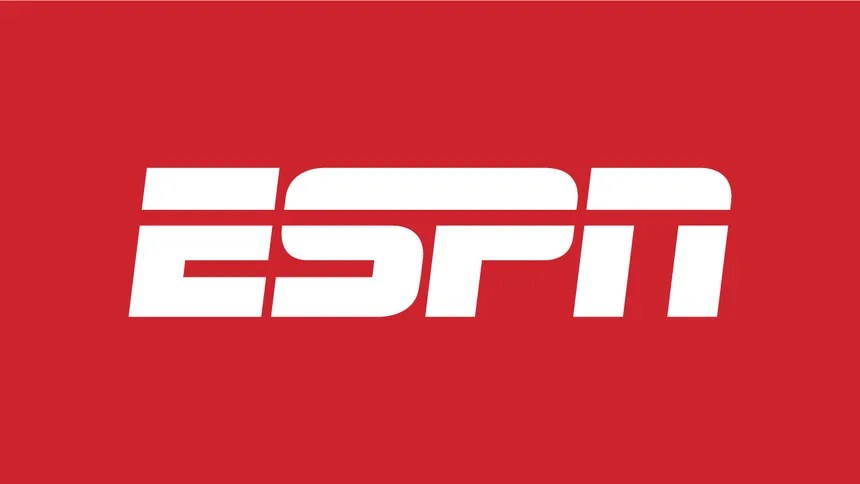
ESPN — From Sports Network to Narrative Machine.
ESPN (Entertainment and Sports Programming Network) used to be the pulse of American sports. It was raw, unscripted, electric — a place where legends were made, and every game told its own story. It spoke the language of locker rooms, dive bars, and Friday night lights.
But when Disney bought the reins, the grit got polished out. Suddenly, sports took a backseat to narratives. The commentary got preachy, the anchors got corporate, and the highlights got buried under hot takes and identity politics. It stopped being about who won the game and started being about who had the right opinion.
What once felt like a sports bar now feels like a HR seminar.
The shift didn’t happen overnight, but year after year, the soul of ESPN got traded for brand-safe activism and sanitized scripts. The old-school fans — the ones who built ESPN by tuning in after work, grilling on game day, and debating box scores — got sidelined. And when the suits in Bristol had to choose between the audience and the narrative, they chose the latter.
Sure, a few voices still fight to keep it real, but they’re outnumbered — and outgunned.
Verdict: Not SphstRDnck.
They traded touchdowns for talking points. The game ain’t over — but the scoreboard don’t lie.